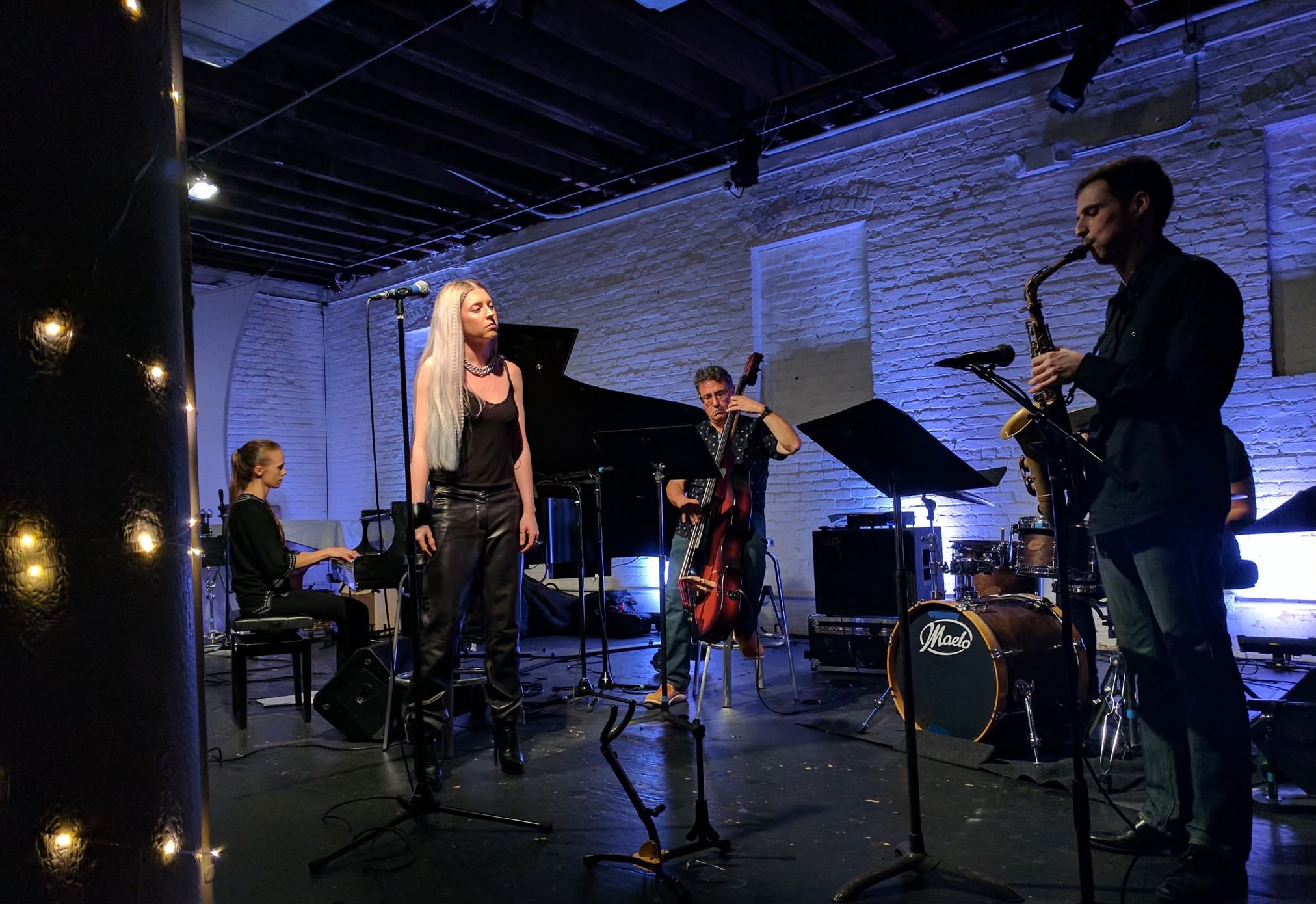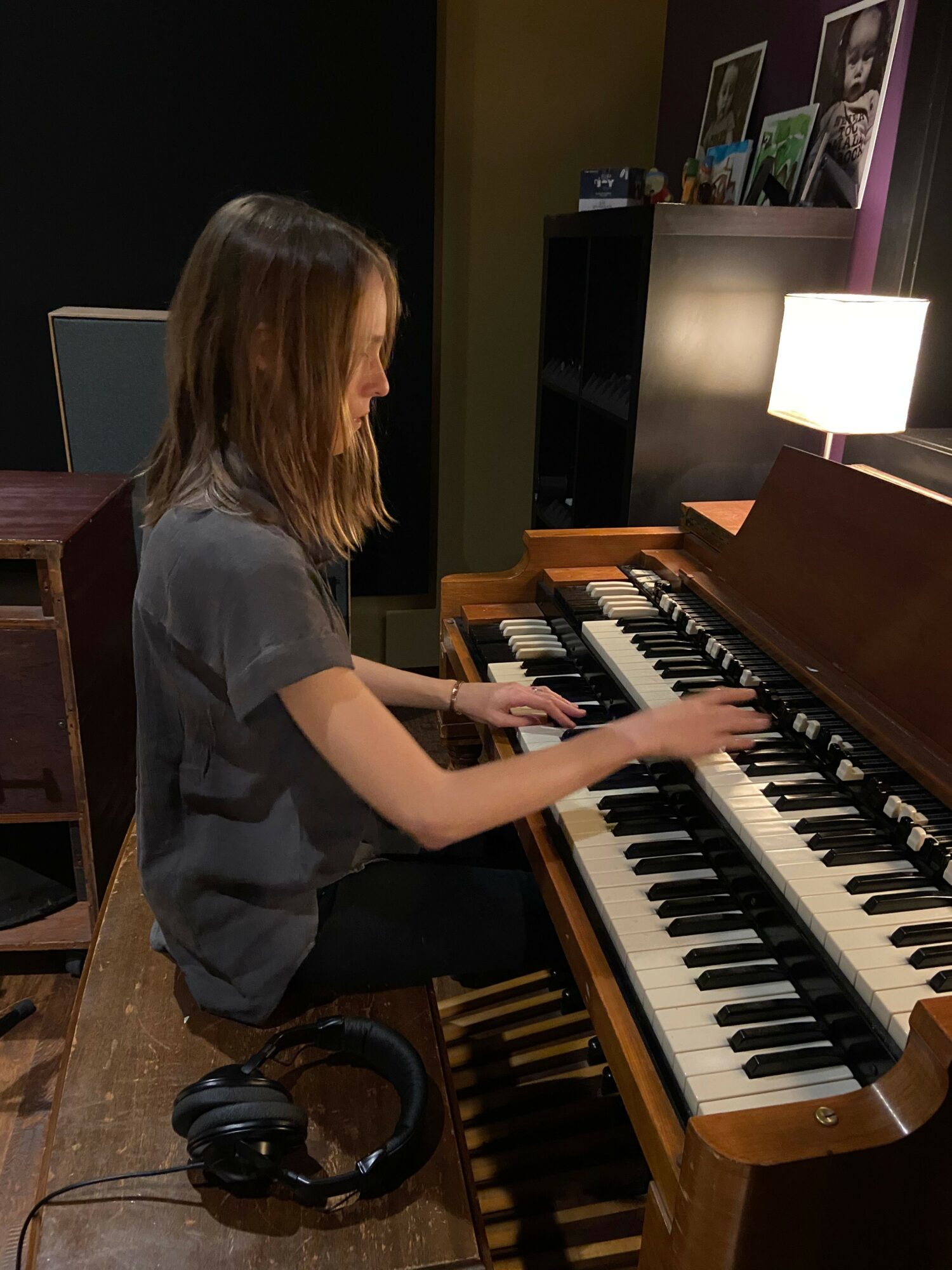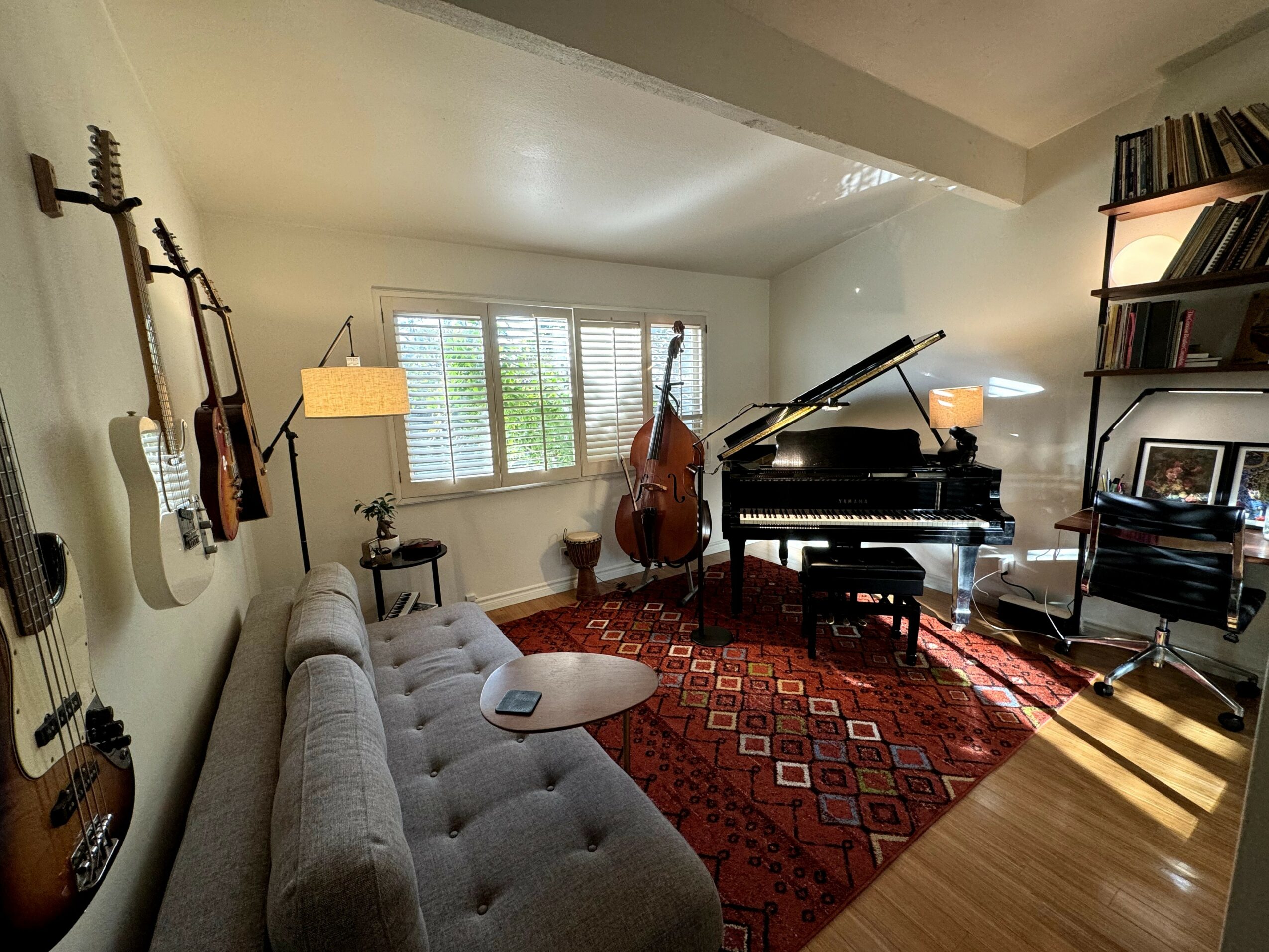

Today we’d like to introduce you to Summer Ludlow.
Hi Summer, can you start by introducing yourself? We’d love to learn more about how you got to where you are today?
I’ve always been drawn to music, not just as art form, but as a way of exploring the world and understanding myself. I started playing piano when I was young and soon wanted more, begging my parents for additional lessons in guitar, violin, and voice. At some point I realized that music was no longer just a hobby, but it was the thing that felt most like me.
I went on to study piano performance and audio engineering at Berklee College of Music in Boston, where I was ecstatic to be surrounded by people who were just as obsessed with music as I was. After graduating, I moved to New York City to perform and to teach, which is where I opened the first version of my teaching studio out of my quintessential tiny New York apartment that had an upright piano crammed into a corner of my living room. Those early years made me realize how much I love teaching: it’s not just showing someone what notes to play — it’s helping them build confidence and finding pure self-expression in real time.
I later relocated to Southern California to complete my Master’s degree in music at UC Irvine with Kei Akagi and Nina Scolnik, two mentors who radically changed the way I think about the piano and creative expression. I’ve stayed in Newport Beach since, and these past years have been split between running my teaching studio and working as a jazz pianist throughout LA and OC, playing clubs, private events, and various collaborative projects.
Teaching is deeply rewarding because I get to witness transformation in real time. Music demands vulnerability, patience, discipline, and courage — you can see these traits develop in a student’s playing, their tone, their confidence, and even how they talk about themselves over time. It never stops being meaningful to watch someone walk out of a lesson more self-assured than when they walked in, or to help an adult reclaim a part of themselves they thought they “missed their chance” to explore. My teaching studio has become a real source of joy and meaning in my life, and I feel very fortunate to call this my work.
Alright, so let’s dig a little deeper into the story – has it been an easy path overall and if not, what were the challenges you’ve had to overcome?
Yes and no. The stereotype of the struggling musician exists for a reason — working in the arts is demanding, and adding self-employment and business ownership on top of that brings its own set of challenges. There have been periods of uncertainty, long stretches of unpaid work behind the scenes, and the constant need to self-motivate and advocate for myself.
That said, I’ve always felt well-equipped (usually, at least). My training really gave me the tools to navigate this line of work and I’ve learned that showing up consistently and doing the work helps everything fall into place in the long run.
Can you tell our readers more about what you do and what you think sets you apart from others?
I work as a jazz pianist and the owner of a private teaching studio. On the performing side, I play throughout LA and OC and I’ve spent the last 15 years or so exploring improvised music. The more I study, perform, and collaborate, the more I understand that there is so much more to learn. Music can be a lifelong pursuit if we let it, and I’m always curious to discover what is possible, to see how I can deepen my musicianship.
Teaching is the other half of my work, and it’s an equal passion of mine. I run a studio of more than forty students ranging from young beginners to adults, where I emphasize learning more than just the notes. I help my students develop musicality, confidence, and creative expression through playing an instrument. I want my students to uncover the inner musician that exists in all of us.
I think what distinguishes my approach is that I teach from inside the process, not outside of it. I’m working on my own playing every day, solving the same technical and musical challenges I talk about in lessons. I don’t see myself as someone who has “arrived,” but rather someone who is still in the work alongside my students — and that shared pursuit makes the work very meaningful to me.
How do you define success?
Success is such a relative thing. For me, it’s about staying curious, continually learning, and expanding my potential as far as possible. I care deeply about sharing music with others through teaching and performing, so as long as I get to do that, I will feel like I’ve lived successfully.
Contact Info:
- Website: https://www.summerludlow.com
- Instagram: summer_ludlow
- Youtube: https://www.youtube.com/user/summerludlow
- Other: https://share.google/XiZhlTY4szZpLwmJN


















